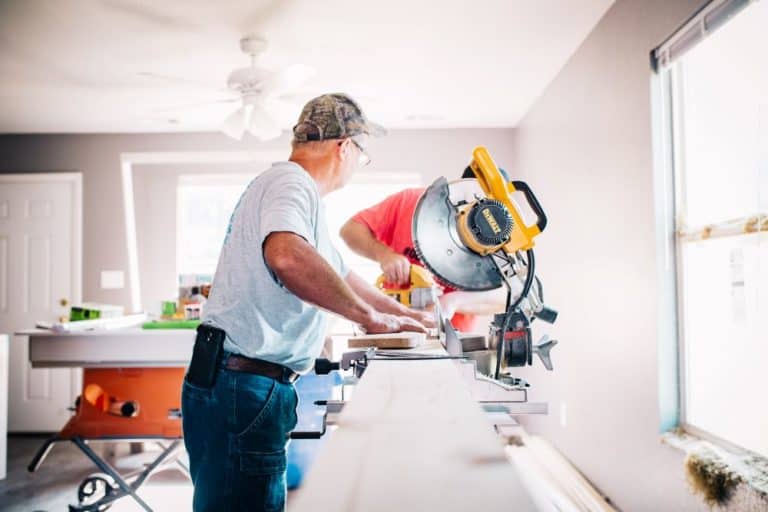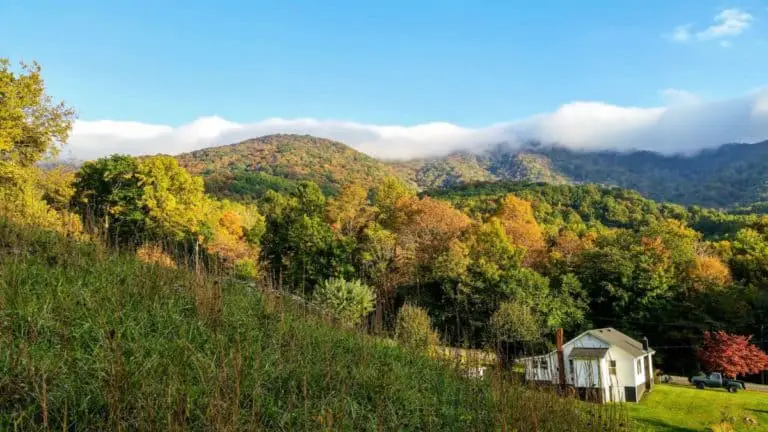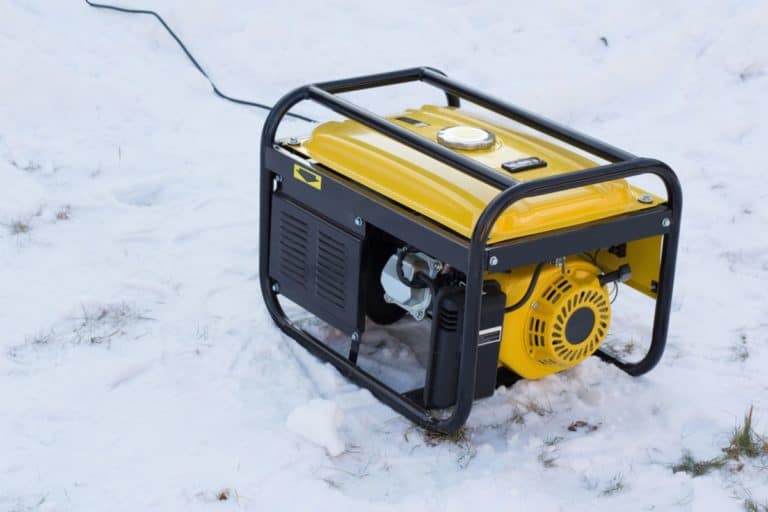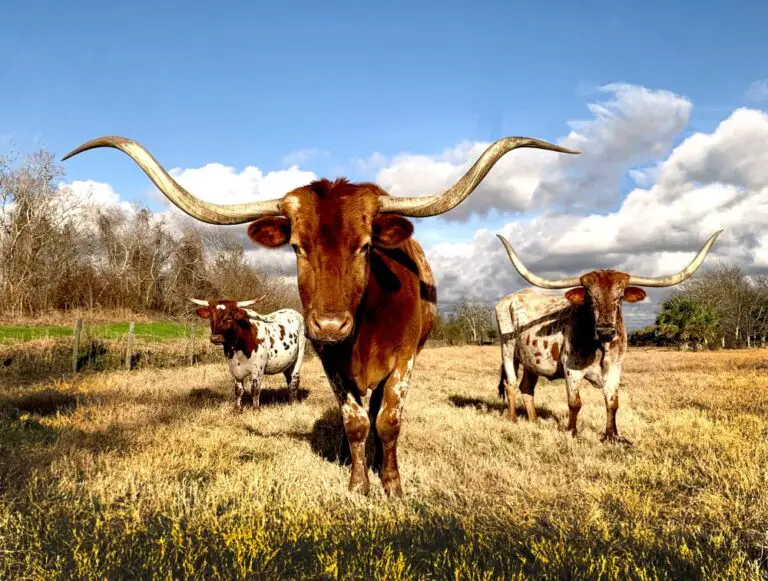Why Does The Government Criminalize Off-Grid Living?
Off-grid living has come into the spotlight in recent times, not just because of its growing popularity as a lifestyle choice but because of the negative press around off-gridders being prosecuted by local authorities. What is the background for this, and why does the government criminalize off-grid living?
The government does not generally criminalize off-grid living as a lifestyle, but some aspects of off-grid living may be illegal within certain zoning areas. Before undertaking any of the activities associated with the off-grid lifestyle, you should check if they are permissible where you live.
A growing number of people are attracted to the idea of off-grid living but are uncertain if it’s completely legal. If you are undecided about taking this exciting step, don’t be discouraged by the few situations where things have gone wrong; make sure you have enough information to be certain you’re doing it right and staying legal.
Table of Contents
What Does Off-Grid Living Mean?
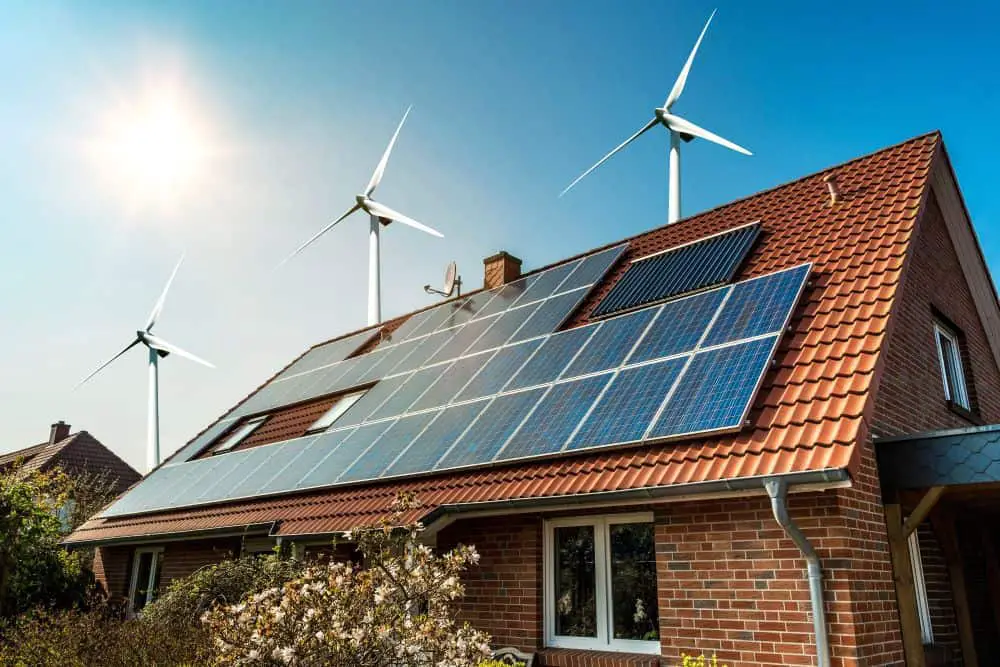
Off-grid living has different connotations for different people, but technically living off-grid refers to being disconnected from the government supplied power-grid and generating your own electricity for the running of your household.
Off-grid living has come to mean much more than this and has also incorporated the practice of rainwater harvesting, growing your own food, and raising your own livestock for food.
In some instances, the term has also grown to include living off the land by hunting and foraging rather than purchasing food at a grocery store.
Mostly the modern definition of living off-grid incorporates all these aspects and has become a term that represents a self-sufficient lifestyle that does not rely much on resources provided by cities, local authorities, and commercial enterprises.
So why does the government have a problem with these lifestyle choices, and why are they persecuting people who have made this choice and want to live in this way?
Is Living Off-Grid Illegal?

Generally speaking, off-grid living is not illegal in most areas, but some of the practices that are part of off-grid living may be against the zoning and by-law regulations of the area in which you live.
For example, if you live in a semi-suburban neighborhood and you want to keep chickens to produce eggs for you to eat and meat for your table, you may be breaking local by-laws about keeping livestock on property in that zone. But going off-grid with other aspects would be allowed, which means you could still use solar power and grow your own vegetables, but you cannot keep chickens.
If you decide to go against the local by-laws and keep chickens anyway, you will be violating local laws, and you could be fined or prosecuted for this offense.
This means that all aspects of the off-grid lifestyle may not be legal for you to implement in the area in which you live. This is not to say that the local authorities have declared all definitions of the off-grid lifestyle to be illegal, only certain components of it.
These problems mostly occur for people who live within the confines of a local municipality and have decided that they want to go off-grid and have done so without consulting the local regulations to see what is permissible in their area.
Often, regulations around the banning of certain of these off-grid practices within the confine of a suburban setting are to protect the entire community or for health and safety reasons. An example of this is that the soil in a neighborhood may be contaminated by activities that we conducted on the land before it was developed, making it unsuitable for the growing of food crops.
In such an instance, a local authority may ban the practice of growing your own vegetables in your backyard.
To find out more about the legal restrictions you might face in your state, visit my article: Is it legal to disconnect your home from the electricity grid?
Is The Criminalization Of Off-Grid Living Removing Your Freedom?

Of course, we are not saying that the government’s intentions are always above board when they ban certain off-grid living practices in an area. There are certainly some questionable actions by local authorities against people who are living in off-grid communities that are not impacting other citizens’ rights or safety.
There are some cases where these communities are being harassed in this fashion, and we in no manner condone the bullying behavior of local authorities. In these cases, people’s freedom of choice and rights are being infringed upon.
However, most of the laws that are put in place are for the greater good of the community in general rather than the persecution of a lifestyle.
Many of the cases that have been publicized as harassment of people who make the choice to live off-grid have been because the individuals concerned have violated by-laws and zoning laws as part of their pursuit of an off-grid lifestyle.
What Are Your Options If You Want To Live Off-Grid?
If you are considering making the change to an off-grid lifestyle, what are the options open to you, and how should you go about establishing what you can and cannot do on a property or in an area?
- Do your research. If you want to pursue an off-grid lifestyle, you will need to do the research needed to establish if any of the aspects of off-grid living that you want to implement are allowed in the area where you live.
- Go partially off-grid. If some off-grid activities are allowed, implement those aspects and leave out the ones that are not allowed. You may have to adjust your strategy to remain within the law or consider other alternatives.
- Consider relocating. If the laws in the area where you currently reside are prohibitive for the off-grid lifestyle and you want to pursue it fully, you may need to consider moving to a location where the lifestyle is legal in all its aspects.
The properties that have the most restrictive rules and regulations for the off-grid lifestyle are those that are close to towns and cities.
For those who truly want to pursue an off-grid lifestyle, moving further away from towns and cities is considered a bonus rather than a hindrance, so you may have to evaluate how committed you are to the way of life.
While it often is possible to go off-grid in urban or suburban homes, the further you go from urban settlements you go, the more relaxed the regulations regarding rainwater harvesting, solar power generation, growing your own food, and keeping of livestock become. Areas that are further out of the way will give you more freedom to live how you want to but do come with other challenges as well.
The further away you go from civilized areas, the less access you will have to medical care, fuel, and resources for tools and equipment that may be essential for a self-sufficient off-grid lifestyle.
Conclusion
Even though media reports give the perspective that the government is criminalizing the off-grid lifestyle, it is necessary to investigate both sides of the story to find the truth of the matter.
In many cases where off-grid living people have been fined or arrested, it is because they are violating rules and laws that prohibit certain activities of the off-grid lifestyle in their area.
It pays to do your research about the off-grid activities you want to implement on your property or home before going ahead with the project. If you find the laws restrictive in your area and you are committed to making the change, you may have to commit to an even larger lifestyle change and relocate to a more remote location!
The off-grid lifestyle choice is a commendable one and definitely a way of lowering your carbon footprint and living healthier and greener, but you need to find a way to do it within the law.
My Off-Grid Product Recommendations
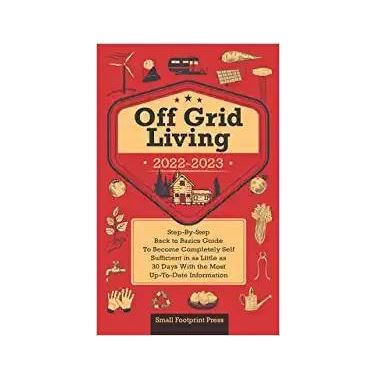
Useful Book: Off Grid Living 2022-2021 – This incredible step by step guide is a great read and gives you useful information about reaching self-sufficiency in just 30 days. Get the paperback on Amazon or read it free with a Kindle Unlimited subscription or listen to the audio version with Audible Plus membership.
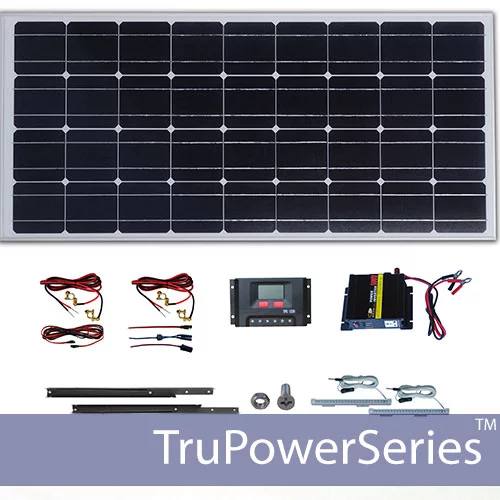
Small Solar Panel Systems: Silicon Solar – This is an excellent company that offers lots of products to get you started on your solar journey. Visit Silicon Solar.
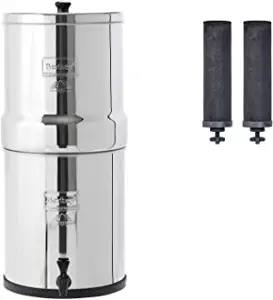
Family Water Filter: Big Berkey – For a fast, affordable water filter with no plumbing required, you can’t beat a Big Berkey gravity-fed filter like this one from Amazon.
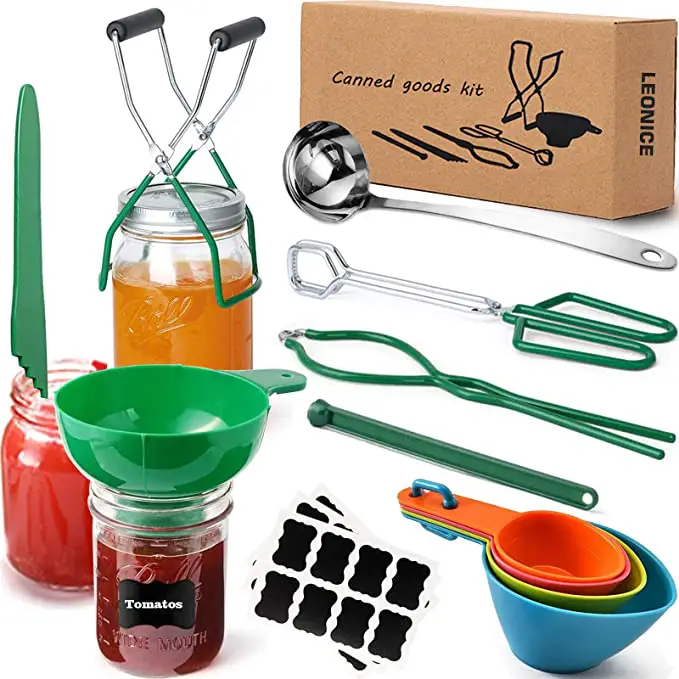
Canning Equipment – This canning starter kit, 22-quart Barton pressure canner and twelve-pack of Ball 16oz mason jars will help you preserve food as you work towards self-sufficiency.
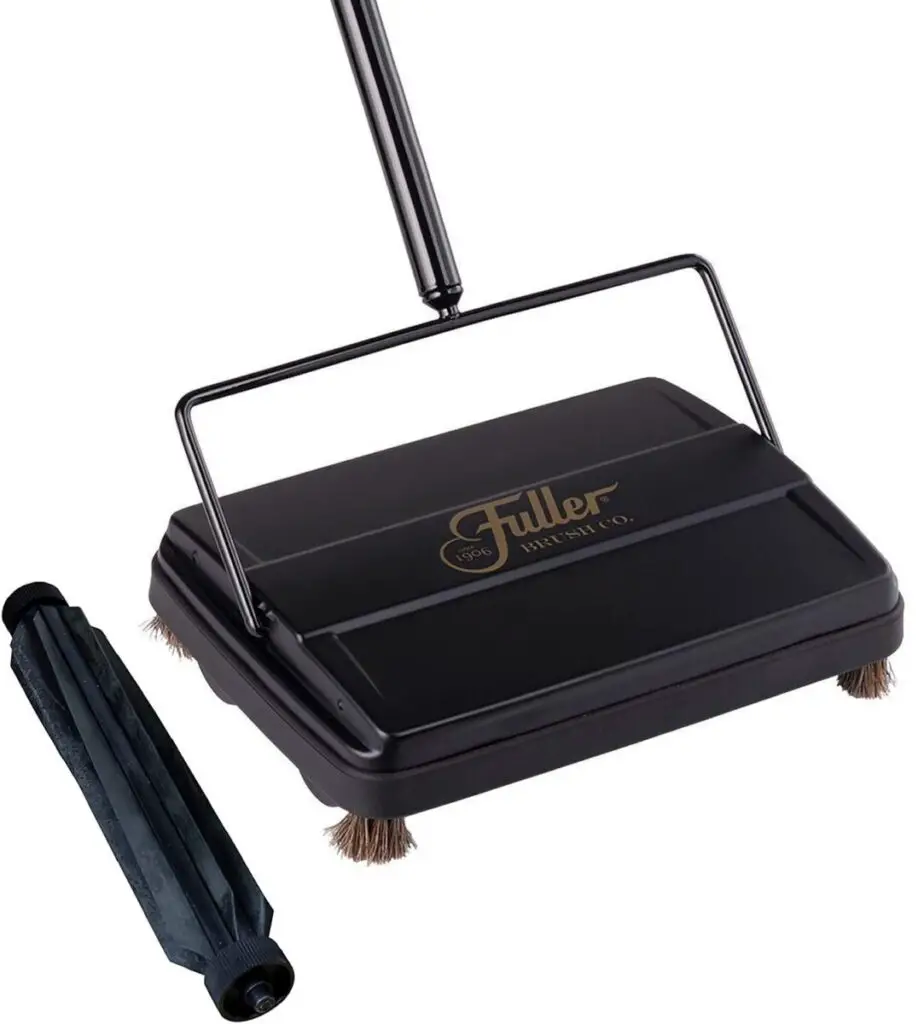
Cleaning: Fuller Carpet Sweeper –. This carpet sweeper is an ideal way to keep your home clean without using up your energy stores on vacuuming.

Handy Knife: Gerber Serrated Paraframe – This handy all-purpose knife is lightweight and ideal for all those little jobs around your home and garden.
Related Reading
Is it legal to disconnect your home from the electricity grid?
The best places to live off-grid, ranked
Can you switch from off-grid to on-grid when needed?
Is living off the grid environmentally friendly?
Can you live off-grid in Georgia?



